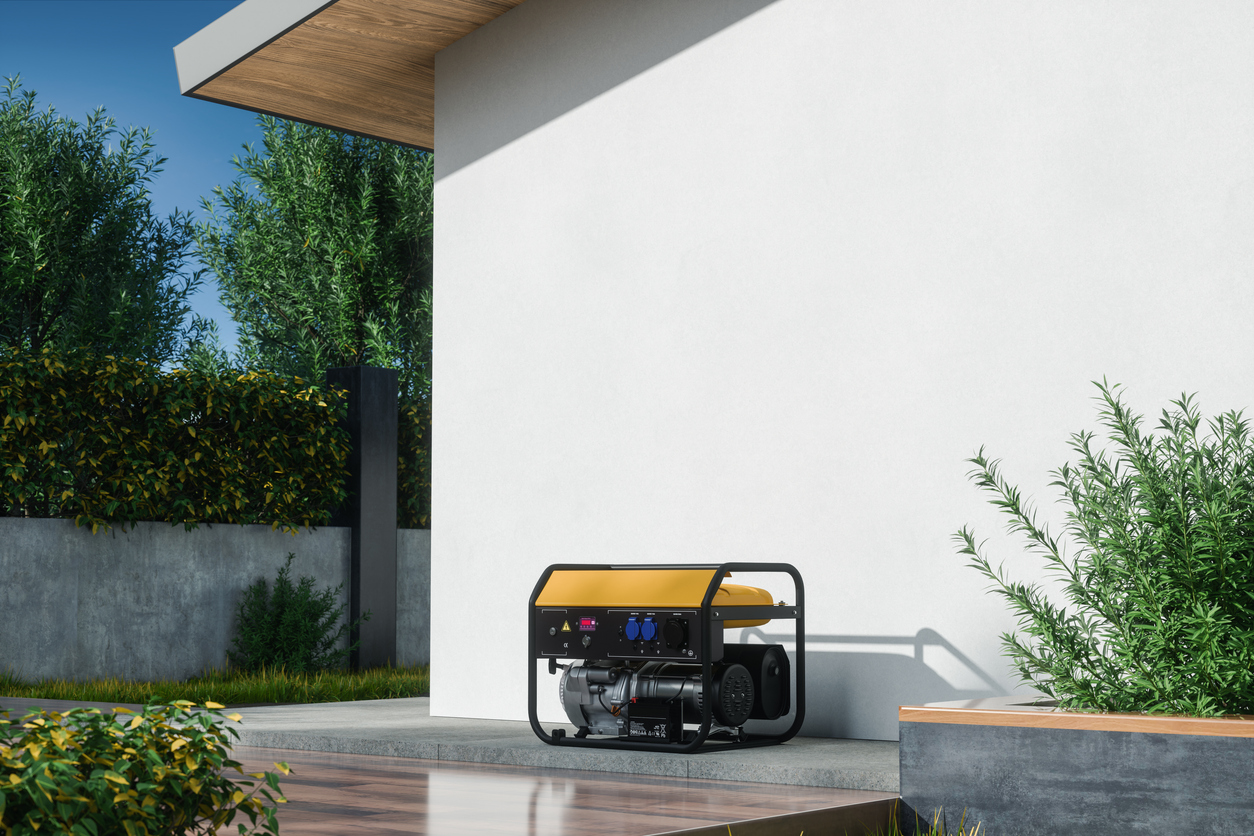Solar panels, also known as photovoltaic panels, have become an increasingly popular source of renewable energy. They harness the power of the sun to generate electricity, offering a sustainable and eco-friendly alternative to fossil fuels. You can find solar panels with an online search.
How Solar Panels Work
Solar panels are composed of many solar cells made from semiconductor materials, typically silicon. When sunlight hits these cells, it excites electrons, creating an electric current. This process, known as the photovoltaic effect, converts sunlight directly into electricity. The electricity generated is direct current (DC), which is then converted to alternating current (AC) using an inverter, making it usable for household appliances and feeding into the electrical grid.
Environmental and Economic Benefits
One of the primary advantages of solar panels is their positive impact on the environment. By reducing reliance on fossil fuels, solar energy helps decrease greenhouse gas emissions, combatting climate change. Economically, solar panels offer long-term savings. While the initial investment can be significant, government incentives, rebates, and the decreasing cost of solar technology have made solar panels more accessible. Over time, the savings on electricity bills can offset the initial costs, and many systems eventually pay for themselves.
Types of Solar Panels
There are several types of solar panels available, each with its own advantages and applications. Monocrystalline solar panels are known for their high efficiency and sleek appearance. They are made from a single crystal structure, which allows for more efficient energy conversion. Polycrystalline panels, on the other hand, are made from multiple crystal structures and are generally less expensive but slightly less efficient. Thin-film solar panels are lightweight and flexible, making them ideal for unconventional spaces, though they typically offer lower efficiency rates compared to crystalline panels.
Installation and Maintenance
Installing solar panels involves several steps, starting with a site assessment to determine the best placement and orientation for maximum sun exposure. Once installed, solar panels require minimal maintenance. Regular cleaning to remove dust and debris, along with periodic inspections to ensure all components are functioning correctly, can help maintain optimal performance. Many manufacturers offer warranties of 20-25 years, reflecting the durability and longevity of modern solar panels.
Financial Incentives and Rebates
Governments around the world offer various financial incentives to encourage the adoption of solar energy. These can include tax credits, rebates, and grants. In the United States, for example, the federal Investment Tax Credit (ITC) allows homeowners to deduct a significant percentage of their solar installation costs from their federal taxes. Additionally, many states offer their own incentives, further reducing the financial burden of going solar.
Challenges and Considerations
Despite their many benefits, solar panels are not without challenges. The initial installation cost can be high, and not every location is suitable for solar energy due to factors like shading, roof orientation, and local climate. Additionally, energy storage solutions, such as batteries, are needed to store excess energy for use during cloudy days or nighttime, adding to the overall cost. It's important to conduct thorough research and consult with professionals to determine if solar panels are a viable option for your specific situation.
Conclusion
Solar panels represent a promising solution for sustainable energy production. They offer numerous environmental and economic benefits, contributing to the fight against climate change and reducing electricity costs in the long run. As technology continues to advance and prices decrease, solar energy is becoming more accessible to homeowners and businesses alike. By understanding the workings, benefits, and challenges of solar panels, you can make an informed decision about whether this renewable energy source is right for you.


